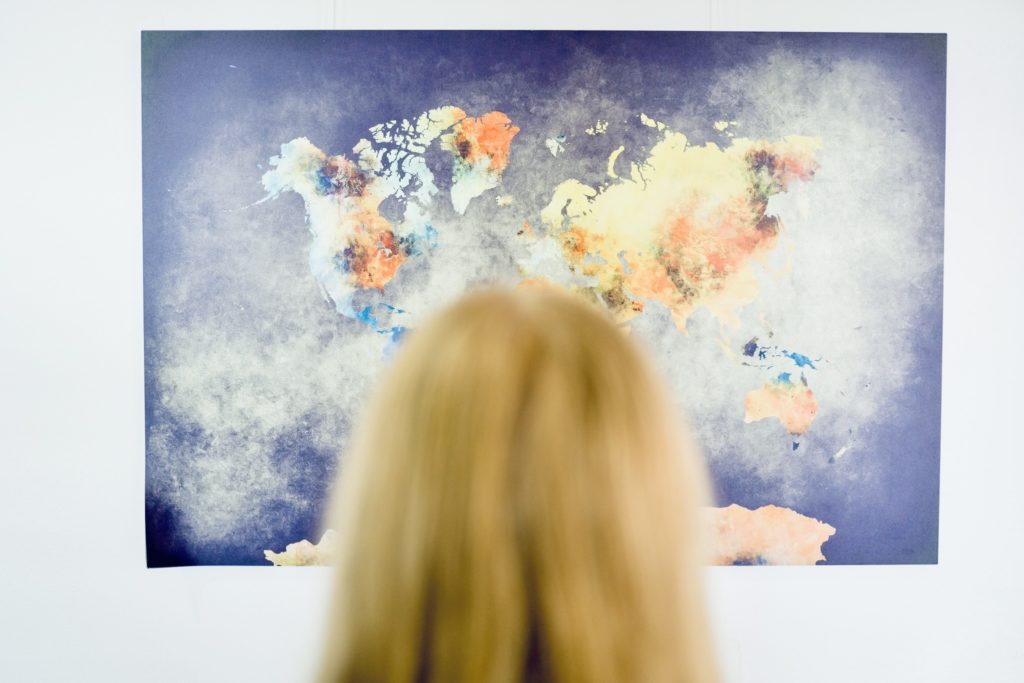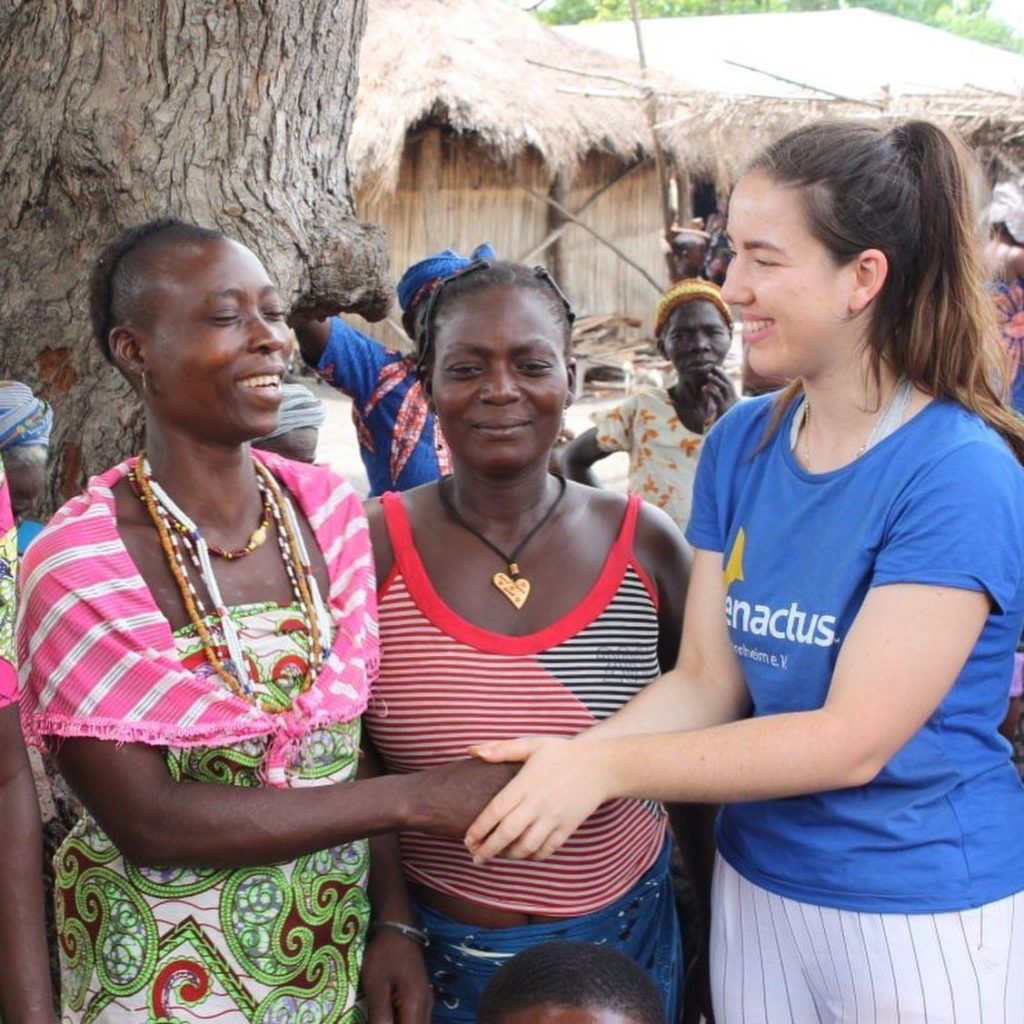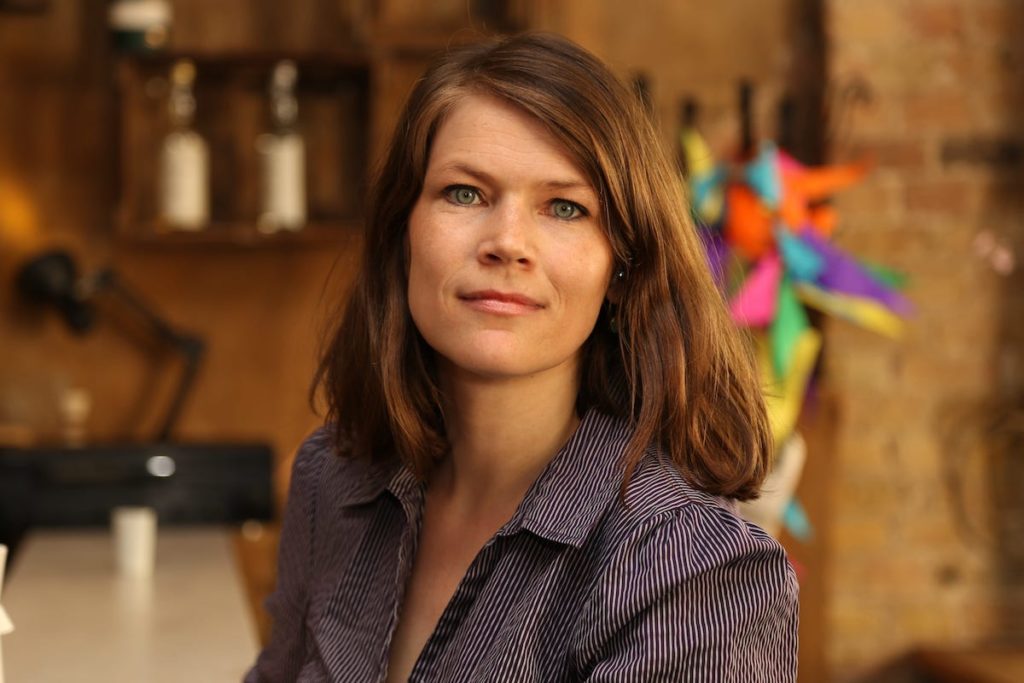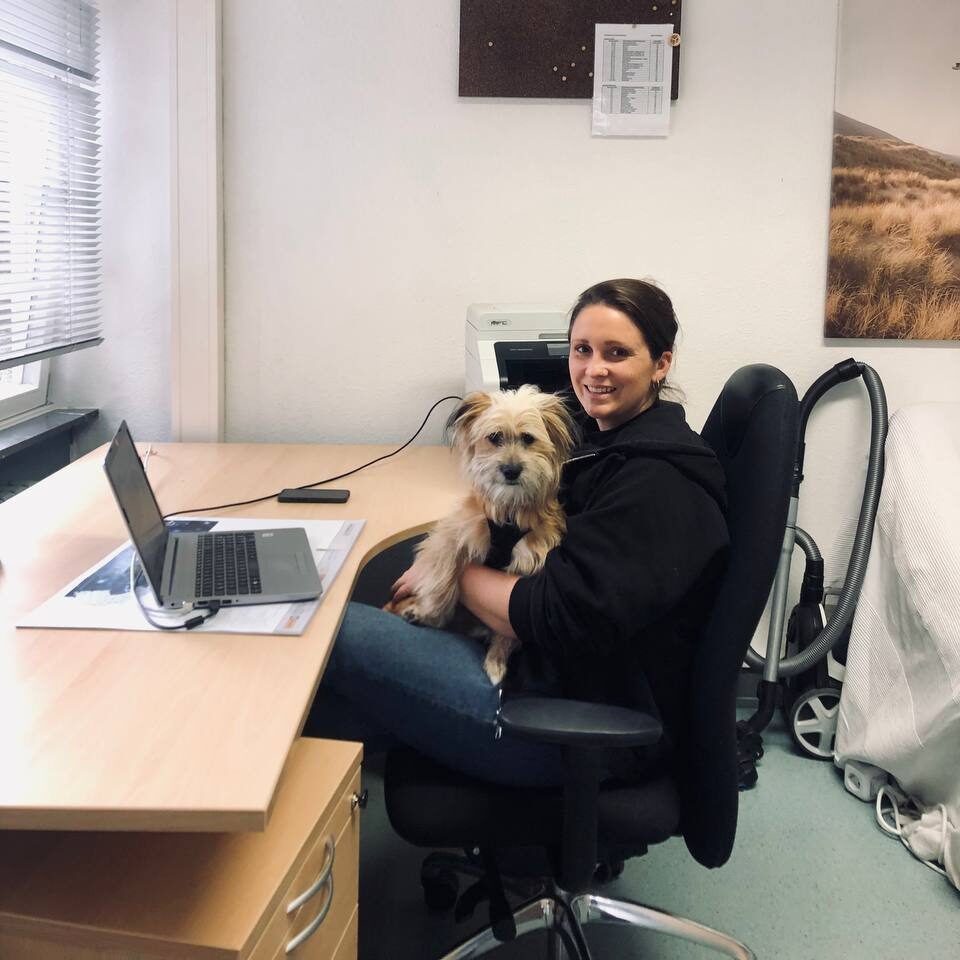
Have you ever thought about starting your own business and making the world a better place? As honourable as such a thought is, founding a social start-up must be well thought out. We introduce you to three social organisations and their founders. They tell you what’s behind their startup, what difficulties they had to overcome in founding it and what you can learn from it.
1. Founding as a student? – Enactus Germany e.V. supports you
“Social entrepreneurship means tackling and solving the challenges of our current times in a sustainable way through entrepreneurial approaches, which is why the creation of strong, innovative, sustainable and social start-ups is at the heart of Enactus,” Pauline (25 years old from Mannheim) tells us. Pauline works in Marketing & Content Management at Enactus Germany, based in Cologne. Enactus is the largest student social entrepreneurship platform worldwide with over 70,000 students.
“Through their commitment, students can put their theoretical knowledge into practice and gain initial experience in dealing with problems and solutions. Sustainability for people in difficult life situations, the environment and nature form the cornerstones of idea development. Taking social responsibility, gaining practical experience and at the same time improving the world in small ways – that is project work at Enactus. In Germany, Enactus is represented by student teams at over 30 university locations with approximately 1,800 members. Each of the 120 Enactus projects and start-ups in Germany works with a great deal of passion and commitment to have a sustainable impact, i.e. the effect on people around the globe – this year alone, our teams have positively changed and sustainably improved the lives of around 37,000 people.”
Startup-Unternehmen, or short Startup A startup is a company with an innovative business idea and high growth potential (employee and/or sales growth). Startups are companies that have been in existence for less than ten years. The organizations aim to solve a social challenge. (vgl. SEND Monitor 2018)
2. In action against (cyber-) bullying and racism – Helden e.V.
“We want to create a really effective and sustainable programme against cyberbullying and racism. We achieved this at the end of 2015 with the Helden Akademie,” Sven (34 years old, from Bielefeld), who heads the social organisation Helden e.V., tells us. “In our Hero Academies, the focus is equally on raising awareness of the processes by which violence, exclusion and bullying develop, empowering people to intervene and establishing a prosocial framework of values and norms. With the Hero Academy, we have created a workshop concept in which we combine different approaches of experiential education and social psychology in a unique way.” Experiential education deals with group experiences in nature to develop personality and social skills. Social psychology covers the ways of experiencing and behaving under the influence of social factors.
“We were of the opinion that experiential education needs to be applied in a more targeted way. We always want to adapt our work to the needs of pupils and so we have expanded the Helden e.V. offer with various other programmes. Among other things, their weekly podcast ‘I need a hero’ talks about how we can use insights from social psychology for our own development and how we can make the world a little bit better.”
Photos: Helden e.V.
intombi for girls – so kannst auch du dabei sein!
👉 Auch deine Geschichte interessiert uns! In unserem #girlsforgirls Online Passion Magazin stellen wir euch jede Woche spannende und super starke junge Frauen, Projekte und wichtige Tipps, rund um eine Passion vor. Wir nennen diese Woche – PassionWeek! 🤩 Für einen erfolgreichen Start in die Zukunft – ganz nach unserem Motto #girlsforgirls !👭💕🌍 Meld dich doch bei uns und werde Autorin deiner Lebensgeschichte – info@intombi.de
3. Creating innovative progress together – SEND
“Founding is probably not my passion per se but developing solutions for social challenges is.” Katrin (38 years old, from Berlin) is the Managing Director of the Social Entrepreneurship Network Deutschland (SEND). The network was founded about three years ago to promote the topic of social entrepreneurship in Germany and to support socially innovative founders. In the meantime, they already have over 450 members.
“In Germany, we like to think in drawers. Progress and innovation belong in one drawer, social challenges and social imbalances in another. On the one hand, this means that new technologies or digital innovations are very rarely used to solve social problems. On the other hand, it leads to the fact that there is hardly any support for innovations that do not primarily aim to generate a financial profit. This has to change. The challenges we face, such as climate change, demographic change or growing social inequalities, are too big not to tackle them with the most innovative methods. Social entrepreneurship is a building block that can show that a different economy is possible and that social innovations can shape a more sustainable society,” Katrin tells us about the founding of SEND.
Wusstest Du, dass…?
… women are heavily underrepresented in the German start-up scene? The share of female start-up founders is only just under 15%. However, unlike traditional businesses and startups, around half of all social startups are founded by women. (cf. SEND Monitor 2018 & Female Counters Monitor 2019).(vgl. SEND Monitor 2018 & Female Counters Monitor 2019)
*this article contains unpaid advertising
Do you want to start your own company? In the next article, our three founders will tell you their tips for a successful start-up and which mistakes you should avoid at all costs.
You might also like these articles:
Startup Gründerin werden
Sonja gründet Hearts4Paws e.V. und gibt 4 wichtige Tipps für den Tierschutz
Ich bringe Mädchen an die Macht!
“Bist du behindert?!” – Ich setze mich für Inklusion und gegen Barrieren ein











Kommentare